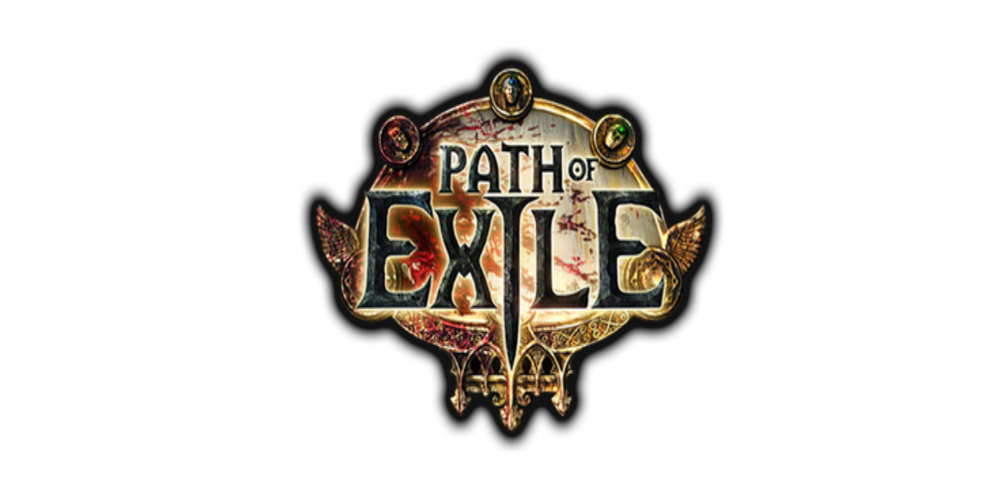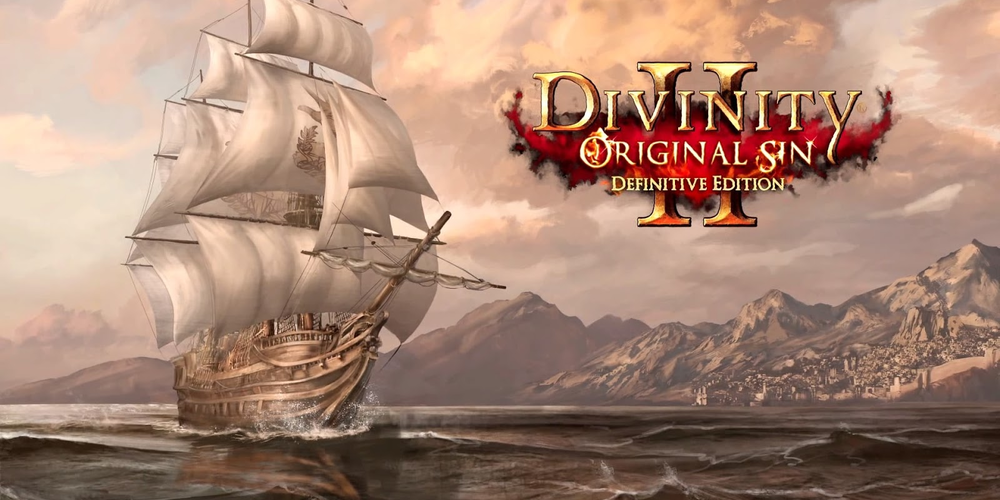5 RPGs with the Most Flexible Class Systems
Jun-26-2023

Role-playing games (RPGs) have captivated gamers for decades, thanks to their immersive storylines, challenging combat systems, and the ability to customize characters to suit individual playstyles. One key aspect of character customization in RPGs is the class system, which defines the skills, attributes, and weaknesses of the protagonist. Some games have rigid class systems that force players to follow predetermined paths, while others offer more flexibility for players to experiment and adapt their characters as they progress. Here are seven RPGs that stand out for their flexible class systems:
The Elder Scrolls Series

The Elder Scrolls series, including popular titles like Skyrim and Oblivion, allows players to create a character with a starting class, but there are no restrictions on how the character develops throughout the game. Players can invest in any skill they choose, making it possible to create a jack-of-all-trades who excels in various disciplines or a specialized character who focuses on a single skill set. The flexibility of the class system in The Elder Scrolls games enables players to explore various playstyles and adapt their characters to the challenges they face in the game world.
Final Fantasy XII
Final Fantasy XII deviates from the traditional turn-based combat system of its predecessors, featuring a real-time battle system with a unique character progression system called the License Board. Each character can choose a class, or "license," which determines their abilities, but the board's structure allows players to eventually unlock every skill and ability for each character. In the Zodiac Age version of the game, players can even choose a second class for their characters, further expanding the possibilities for character builds. This flexible class system allows players to experiment with different combinations and evolve their characters as the game progresses.
Path of Exile

Path of Exile is an action RPG known for its complex character progression system. The game features seven starting classes, each with a unique position on the massive Passive Skill Tree. However, the tree is shared by all classes, meaning that players can branch out and invest in skills typically associated with other classes. This flexibility allows players to create unique character builds and adapt their playstyle as they progress through the game. The game also features a robust item and skill system that further increases the possibilities for character customization.
Dark Souls
Dark Souls is a challenging action RPG that requires players to carefully consider their character's build and progression. While players must choose a starting class, the game allows for investment in any stat regardless of the chosen class. This flexibility enables players to experiment with various playstyles and adapt their character as they face increasingly difficult enemies and bosses. Later games in the series even allow players to respec their characters, giving them the option to change their build if they're unhappy with their initial choices.
Divinity: Original Sin 2

Divinity: Original Sin 2 is a turn-based RPG that features a deep and flexible class system. Players can choose from a wide array of starting classes, each with a unique set of abilities and skills. However, the game allows players to learn and use skills from other classes, as well as mix and match abilities to create powerful combinations. This flexibility encourages experimentation and enables players to adapt their characters to different challenges and situations. In addition, the game allows players to respec their characters freely, providing even more opportunities for customization and experimentation.







